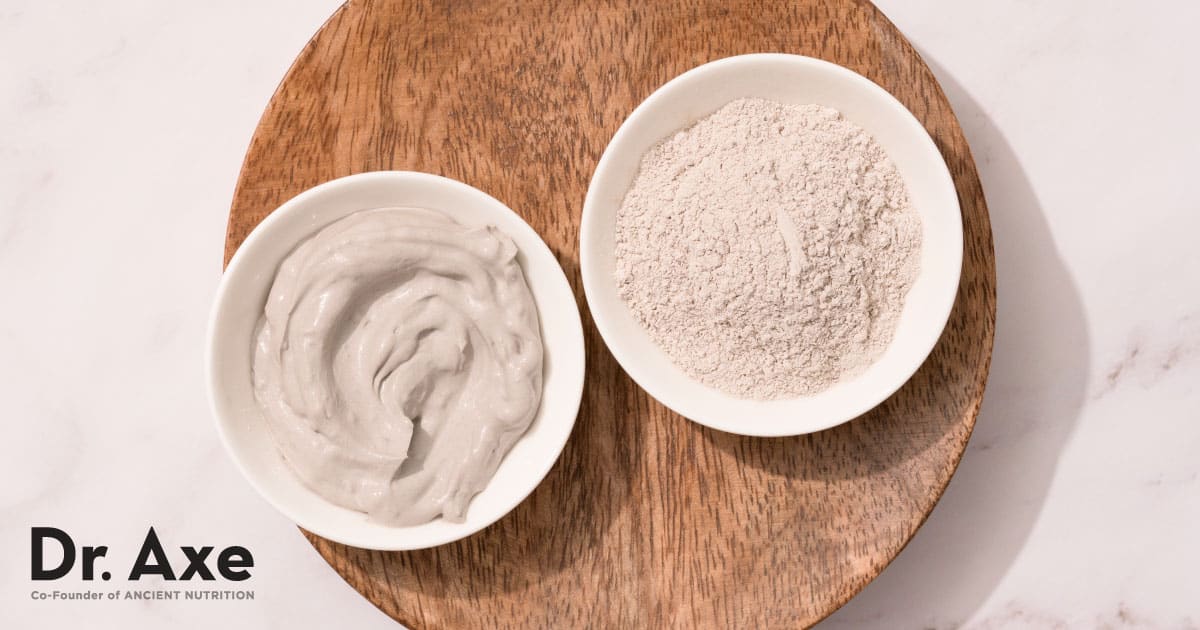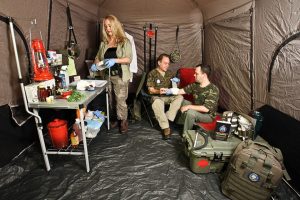One of the points made in the book is how easily an infection can get really bad if not treated properly from the beginning. Along these lines I would also get a good supply of activated charcoal which can not only be applied topically to draw out things, but can be drunk to detoxify and flush out bad bacteria from your system.
That's a good suggestion. Perhaps having some bentonite clay or French clay would also come in handy:
Bentonite clay is an age-old method of treating many different disorders and detoxifying. From the skin to the digestive system, its benefits are numerous.

draxe.com
I learnt from a Dutch little booklet about French clay mixed with essential oils that French clay acts as a
"diffusion medium" which is important if you want to blend them well. The aroma therapist who wrote the booklet also mentioned the synergy that takes place if you mix a French clay paste with essential oils.
Another book is
Home Doctor: Practical Medicine for Every Household by
Dr. Maybell Nieves, Dr. Rodrigo Alterio, Claude Davis which is only about 300 pages.
What is special about the book is that the two doctors are from Venezuela, where they have experienced sanctions and violence for many years, leading to deterioration of the healthcare system. There are quite a number of photos which might have been taken at an emergency room, some of them are not pleasant at all, but that is what doctors and nurses in general practice and emergency rooms are dealing with every day, and I think seeing them could be important for preparing the nonmedical person learning about the conditions.
I ordered it from Amazon, but found I can't upload to my Kindle, which is such a shame, because I would really like to read it, since it was written by two doctors from Venezuela.

On the bright side, I started reading the updated
The Survival Medicine Handbook by Joe and Amy Alton and think I will be able to learn a lot! For those who prefer learning by audio the Altons also make podcasts and discuss all kinds of medical topics which are covered in the book as well as far as I can tell:
Podcasts about Survival Medicine, Natural and Herbal Remedies, Disaster Safety and Interviews with prominent preparedness and survival Experts.
www.doomandbloom.net
Other additions to our first aid kit could include DMSO of course, medical aka acupressure tape (especially when people have to do more physical labour and consequently hurt themselves ) and homeopathic remedies.
AFAIK these homeopathic remedies are still not very expensive (although their prices are rising in Germany) and can last a long time. This article on the Doom and Bloom site is helpful. It explains what homeopathy entails and which remedies could be helpful in emergency situations:
Becky Rupert, ND, CCH joins us for an introduction to her field of homeopathy.
www.doomandbloom.net
I also bought a few essential oils of which is said that they act like an antibiotic such as: cajeput, garlic, niaouli and tea-tree. According to
Aromatherapy An A to Z by Patricia Davis oils such as the ones I mentioned plus lavender, eucalyptus, bergamot and juniper are "powerful bactericides affecting a wide range of infectious organisms". Oils like tea-tree, lavender (in larger quantities), niaouli, cajeput and eucalyptus are still affordable (and it is likely that they will last a long time):
Perhaps even more important than their bactericidal action, is the fact that these oils stimulate the body's own immune response to infection. The amount of essential oil taken into the body would certainly not be sufficient to destroy the disease-causing bacteria present, but the stimulus to the body's defence mechanisms does not seem to be dependent on the amount of essential oil involved. Indeed, as Dr. Jean Valnet has written, without actually going so far as using homeopathic doses, the smaller the amount of oil used, the greater the effect seems to be on the body.




